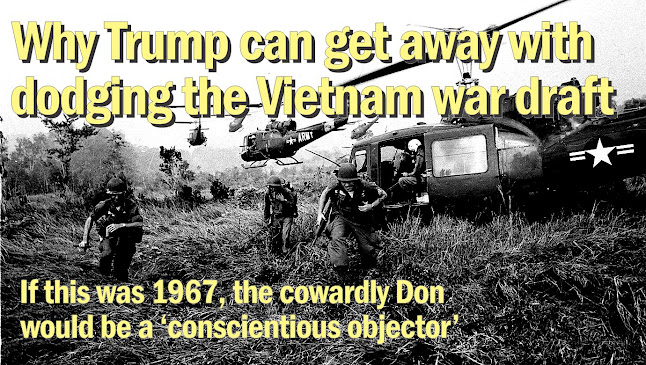ll that this chaotic "multi-party system" has accomplished is dull down the level of political education of many Filipinos.
Many think a political party is nothing but a fans’ club to support a candidate. Too many clowns are able to make a mockery of the electoral process.
With only two parties (which can have as many “wings” or factions as they like) candidates who are virtual clones of each other will be forced to resolve issues of subtle differences in representing party philosophy internally.
At the end of the day, only one of them obtains the party’s nomination. The efficiency of the vetting process and the ultimate quality of each party’s standard bearer would increase exponentially.
On election day itself, the people will have an uncluttered field of only two candidates to choose from. Whoever wins will ALWAYS win by a majority.
Observe that no matter how difficult it is for the loser to accept BBM’s win, it’s not so easy to protest a majority win. A majority win is the ONLY outcome of a “one-on-one” voting contest. So a two-party system is inherently the most stable.
That’s what happened in this election, when the race came down to a virtual “one-on-one” between Leni and BBM. Manny Pacquiao, Isko Moreno and Ping Lacson were just insignificant disruptors. Together with the other forgettable candidates, their combined votes ended up having absolutely no swing potential, anyway. They just added to the campaign noise, that’s all.
The next question is: wouldn’t a return to the Two-Party System require a charter change?
No, neither the 1987 Constitution nor the Omnibus Election Code contains any prohibition against a Two-Party system. So no constitutional or statutory amendment is needed to adopt it.
I am not saying it's an easy transition. The two oldest traditional political parties are the Nacionalista Party (est. 1907) and the Liberal Party (1946).
Three more have been added since: PDP-LABAN (1983), NPC (1992) and LAKAS-CMD (2008).
But then there are several more "minor political parties" mostly built around prominent individual politicians of their time, too many to enumerate here.
I go for revitalizing ONLY the two OLDEST political parties (Nacionalista and Liberal) for no profound philosophical or ideological reason, really, other than it will result in the simplest, most efficient system. As long as nostalgia is in the air, then why not hearken back to the TRUE Golden Age of Philippine history and politics when, by those political institutions, we produced quintessential statesmen like Claro M. Recto, Carlos P. Garcia, Jovito Salonga, Jose Diokno, Lorenzo Tañada, Raul Roco, Marcelo Fernan--the list is long, indeed.
In terms of "party ideology" there is none to speak of with any of these political parties, and no distinction can be drawn between and among them. This is precisely why it's so easy to create a political party. Uniqueness of ideological identity is not a concern. Conversely, you can abolish any of these parties, especially the ones of more recent vintage, without inflicting injury upon the nation.
But when you limit the competition to only two candidates who must appeal to the same electorate, one's natural aversion to be like the other will force them to present contrasting philosophies and platforms of government. Out of this ever widening difference, complementary party ideologies will naturally evolve.
But, like I said, erasing the blackboard to leave only two major parties is easier imagined. It just happens to be the compelling need of the times.*





No comments:
Post a Comment